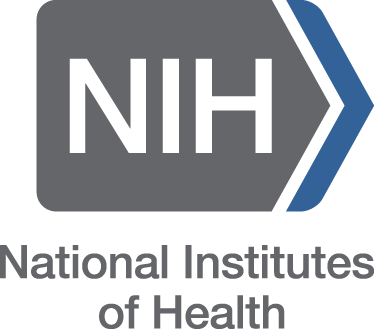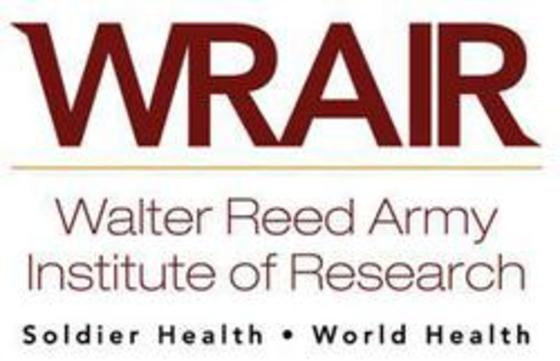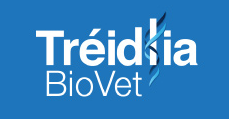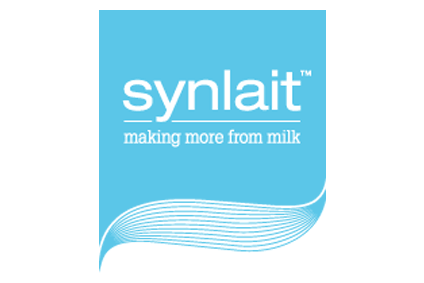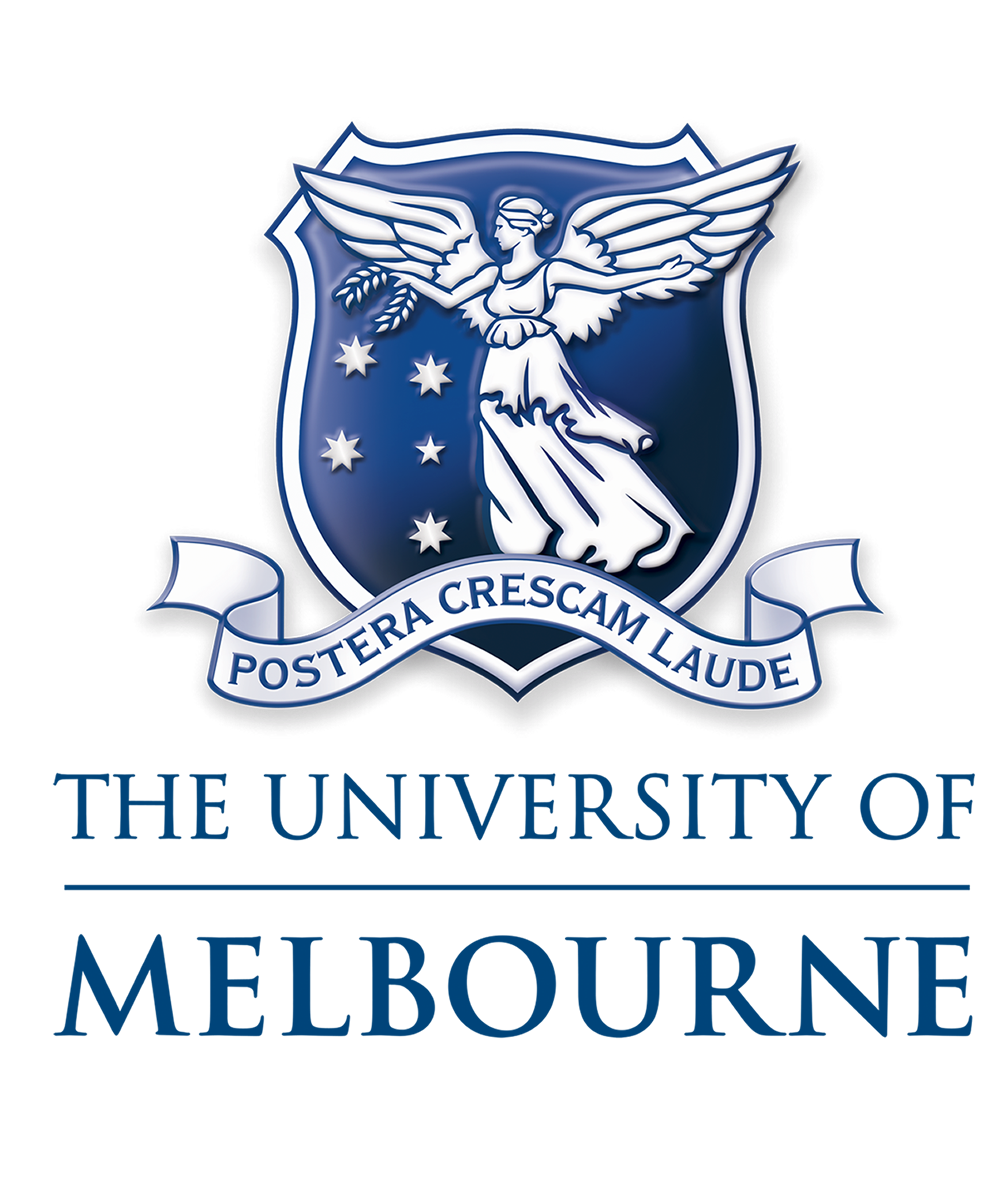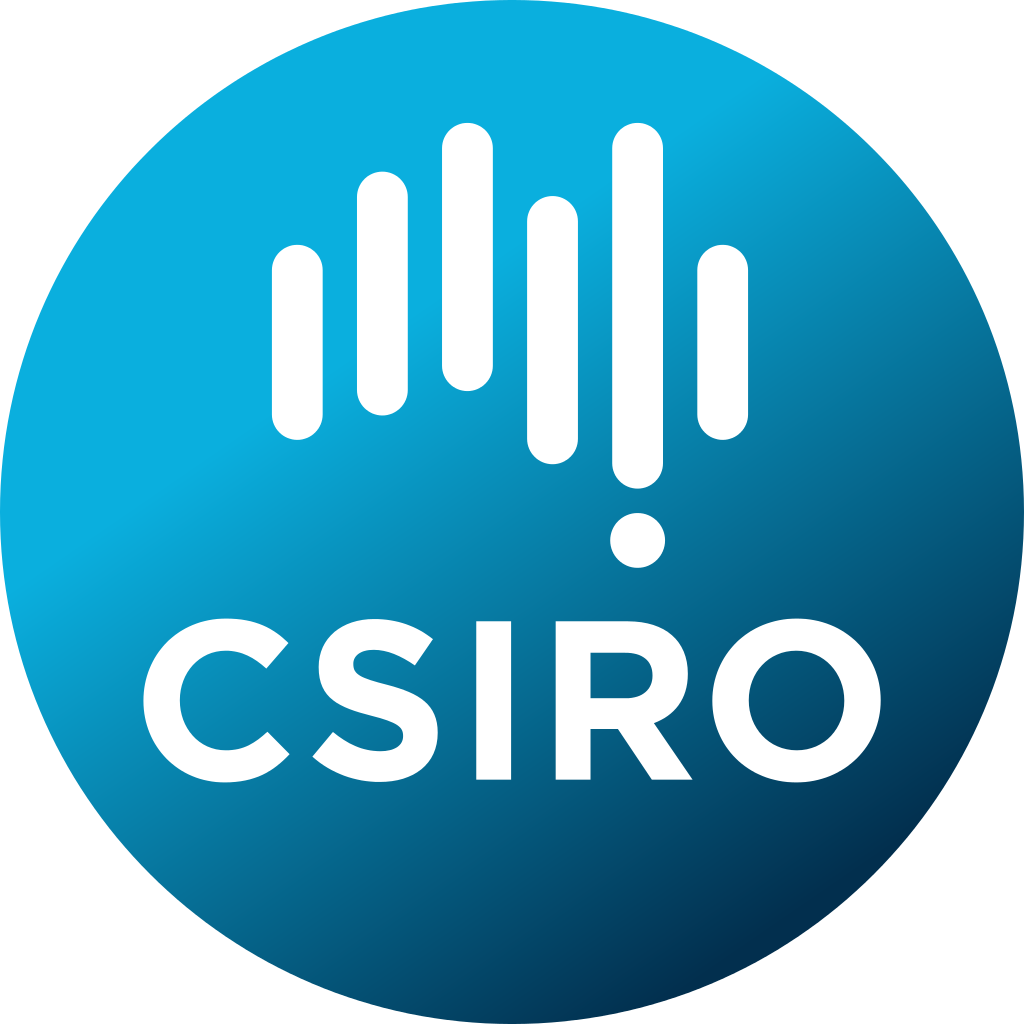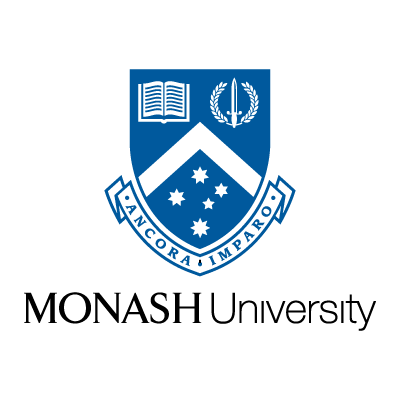Research Partners
Naval Medical Research Command
The Naval Medical Research Command focuses on solutions to operational medical problems such as infectious diseases and biological threat agents. Diarrheal disease is the leading infectious threat facing deployed U.S. Military assets as indicated by the 2019 Department of Defense (DoD) Infectious Disease Threats Prioritization Panel.
The Directorate for United States Department of Defense Infectious Diseases Research Directorate (DDID) conducts research on infectious diseases that are considered to be significant threats to the US deployed military such as infections that have the potential to incapacitate a large number of deployed forces over a short time period, thus hindering the ability of warfighters to accomplish their mission.
Immuron has a long term relationship with the DDID Operationally Relevant Infections Division sharing the overarching research goal of minimizing and prevention of Travelers’ diarrhea (TD). TD is an important focus for the United States Department of Defense (DoD) and despite a significant research effort focussed on development of a vaccine for TD there are currently no licensed products available in the United States. New strategies are urgently needed. Immuron currently has several joint research programs with the NMRC in pre-clinical and clinical development, to evaluate the effectiveness of preventative therapeutic drug products targeting Enterotoxigenic Escherichia Coli (ETEC), Campylobacter and Shigella species.

The NIH is the largest source of funding for medical research in the world, creating hundreds of thousands of high-quality jobs by funding thousands of scientists in universities and research institutions in every state across America and around the globe.
NIH is made up of 27 Institutes and Centers, each with a specific research agenda, often focusing on particular diseases or body systems. NIH leadership plays an active role in shaping the agency's research planning, activities, and outlook.
Immuron's IMM-124E was chosen as one of three of 27 novel candidates submitted to the NIH for funding of a phase II study in ASH which began in 2015.

The Center for Vaccine Development (CVD) has earned an international reputation as an academic vaccine development enterprise for creating and testing vaccines against cholera, typhoid fever, paratyphoid fever, non-typhoidal Salmonella disease, shigellosis (bacillary dysentery), Escherichia coli diarrhea, malaria, and other infectious diseases, including influenza.
Immuron is very pleased to announce that it has engaged the services of the CVD to provide a comprehensive range of analytical support for our clinical development programs with the FDA (SAH and NASH).
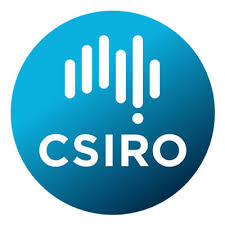
Immuron and CSIRO have been working together for almost a year on the development of an improved scalable manufacturing process that is needed to make the antigenic material required for production of Travelan. This work is being undertaken in CSIRO’s Microbial Manufacturing Facility which can develop and demonstrate at pilot-scale, production and purification of microbial products including: whole cells, cell extracts, proteins and other macro molecules, enzymes as well as small molecules. The Facility has a high degree of flexibility and has worked with many different types of microorganisms (both native and genetically modified) developing processes for products with applications ranging from pharmaceuticals to industrial chemicals. The Facility is equipped with a wide range of microbial bio reactors ranging from 2 litres up to 400 litres and downstream processing equipment for recovery and purification of microbial products. This is supported by a suite of analytical equipment used to follow cell growth and metabolism and characterise process outputs. CSIRO’s Microbial Manufacturing capability is assisting with the further development of Immuron products in preparation for future large-scale manufacture. Health, safety and environmental sustainability are fundamental to all work completed at CSIRO; the organisation has a longstanding commitment to safeguarding the health, safety and well being of its people, partners and the communities in which it operates.
.jpg)
Immuron entered into an ARC linkage research agreement with Monash University in 2011 under which the Company agreed to contribute to the Clostridium difficle (C.difficile) research project over a three year period. This work focused on developing and advancing the technology to enable progress towards its eventual evaluation in humans. Given the worldwide C. difficile epidemics currently occurring, this is a high priority research project for Immuron.
IMM 529 is being designed to both prevent and treat C.difficile infections. Since June 2012, when the first results of our C.difficile program conducted under collaboration with Monash University, were announced we have continued to see very encouraging data, demonstrating its potential as both a preventative and a treatment. These results have formed the basis of patent applications which are designed to provide multiple aspects of monopolistic protection. Additional pre-clinical (mouse model) trials is currently being undertaken to support a human trial.
Since the initiation of the very successful research collaboration, Immuron has also initiated a second research project with Monash University to examine the therapeutic efficacy of polyclonal antibodies targeting Uropathogenic E. coli.
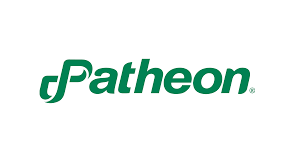
Patheon is a world leading provider of contract drug development and manufacturing services. With a commitment to quality, Immuron has partnered with Patheon UK Limited and has gained access to Patheon’s formulation expertise to apply novel formulation strategies aimed at improving the processability, solubility and the final quality attributes of Immuron’s marketed products and research and development product portfolio.
Immuron also engaged Patheon to formulate and fill the Investigational Medical Product for our SAH phase II clinical study.
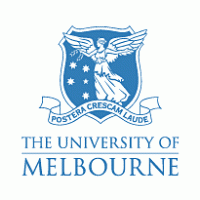
Immuron has a long standing partnership with the University of Melbourne for research which lead to the commercialisation of Immuron’s first commercial product for the prevention of Travellers’ Diarrhoea (Travelan™). Immuron gained access to ‘gold standard’ animal testing models for influenza at CSIRO Animal Health Laboratories in Victoria. Immuron has exclusive rights to the commercialisation of this technology.
Synlait is an innovative processing company based in the heart of Canterbury, New Zealand. It combines expert farming with state of the art processing to produce a range of nutritional products that provide genuine benefits for health and well-being. They include infant and adult nutritional formulations, functional food ingredients and specialised products to support a healthy lifestyle. Synlait controls the quality of milk supply, milk processing and market distribution to guarantee absolute food safety, security and traceability.
Synlait collects colostrum on-farm on Immuron’s behalf and produces Immuron’s hyper immune bovine colostrum powder strictly in accordance with Immuron’s standard operating procedures. Immuron benefits from Synlait’s high quality control and quality assurance standards as well as from the high safety profile of New Zealand’s dairy farms, which equally applies to Synlait’s associated dairy farms
Immuron has a long standing partnership and history with Tréidlia dating back to 2003 for the manufacture of our ETEC vaccines. Tréidlia Biovet specialises in quality veterinary vaccines, diagnostic laboratory services and promotes quality animal health in commercial animal industries,

